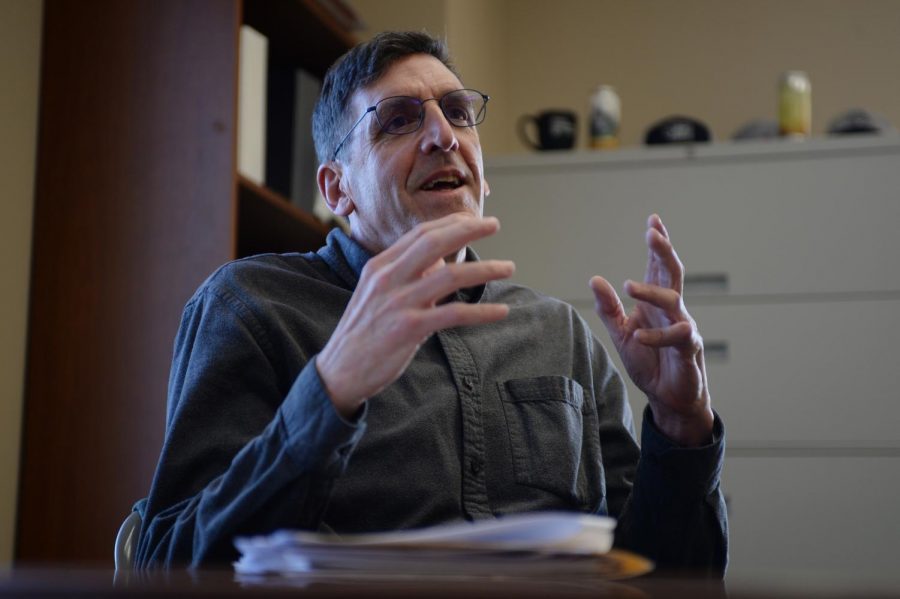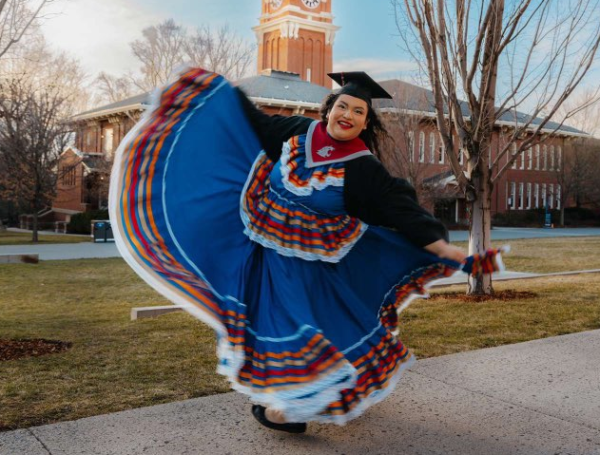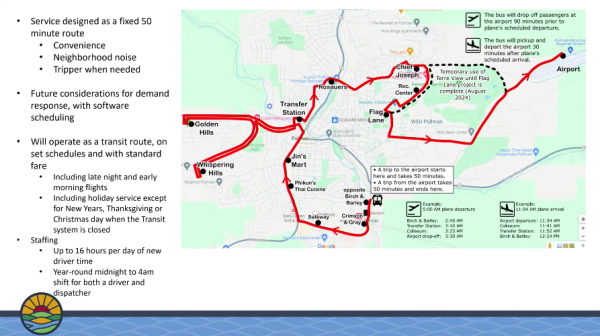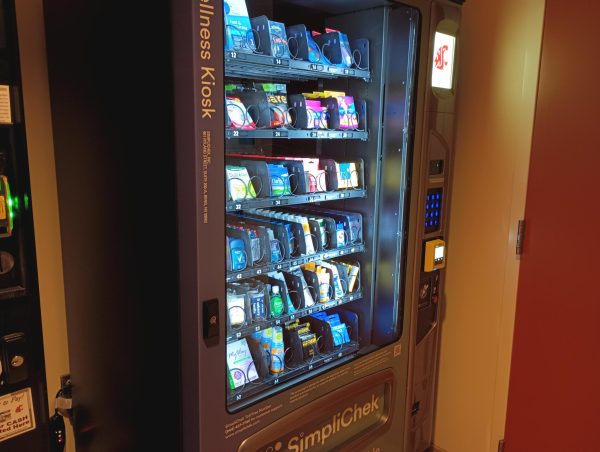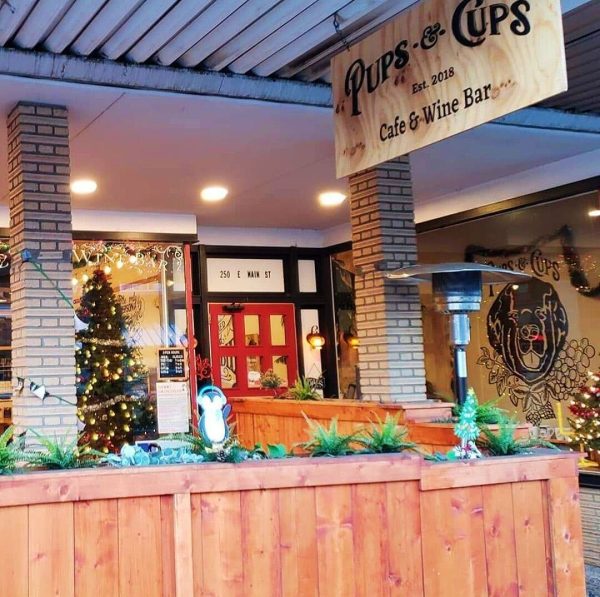$10.1 million to market Cosmic Crisp Apple
Majority of apple royalties will fund marketing research, ads
BENJAMIN MICHAELIS | THE DAILY EVERGREEN
Scot H. Hulbert, interim associate dean of the college of agricultural, human and natural resources sciences, discusses the efforts that went into breeding Cosmic Crisp on Tuesday.
February 1, 2019
The Board of Regents approved a four-year $10.1 million marketing campaign with Proprietary Variety Management (PVM) on Jan. 25 to market the Cosmic Crisp, an apple WSU has been developing for a number of years.
WSU does not have all $10.1 million yet. Last year, the university received $4 million in royalty revenue, said Scot H. Hulbert, interim associate dean of the college of agricultural, human and natural resources sciences.
The overarching plan is for Cosmic Crisp to enter stores this fall, Hulbert said.
“It’s a pretty fast ramp up [of production],” he said. “No one has ever tasted it, except for us.”
Because of this, the vast majority of the royalty revenue for the next four years will go into the marketing campaign, he said. They are slightly worried the product will not sell.
PVM’s role is to organize the production of the apple trees with nurseries and organize the sales of the apples to licensed growers. They also keep track of every acre planted.
Hulbert said there are around 6,000 acres of Cosmic Crisp being grown, all in Washington. He said he thinks this makes Cosmic Crisp the eighth biggest variety in Washington, in terms of acreage.
He said once the apples enter stores this fall, there will probably be fewer than 200,000 40-pound boxes in stores, which is a low number in comparison to the amount of trees growing the apple.
There will probably be another 3 million to 5 million trees planted this year, Hulbert said.
By fall 2021, there will probably be 2 million boxes in stores and 5 million boxes by fall 2022, Hulbert said. The university will receive 4.75 percent of the apple sales from growers they give the license out to.
Hulbert said the apple is different from other apples because of its storage shelf life, flavor and texture.
Apples are picked in the fall and sometimes end up in storage, so in the summer the fruit is imported or has been in storage. This is why apples typically do not taste good in the summer, Hulbert said.
Cosmic Crisp, on the other hand, tastes good for a whole year, he said.
“The marketing campaign is all about the success of the apple coming out and having the consumers want to try it,” he said.
Last year, WSU spent around $600,000 for a one-year contract with PVM, he said.
Much of that contract was for marketing research, but some of it went toward advertising, he said.
“We thought we really needed to get the advertising going,” Hulbert said.
[googlepdf url=”https://dailyevergreen.com/wp-content/uploads/2019/01/AI3.pdf”]


